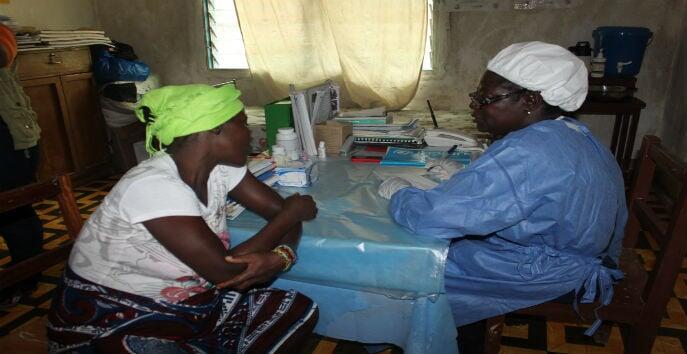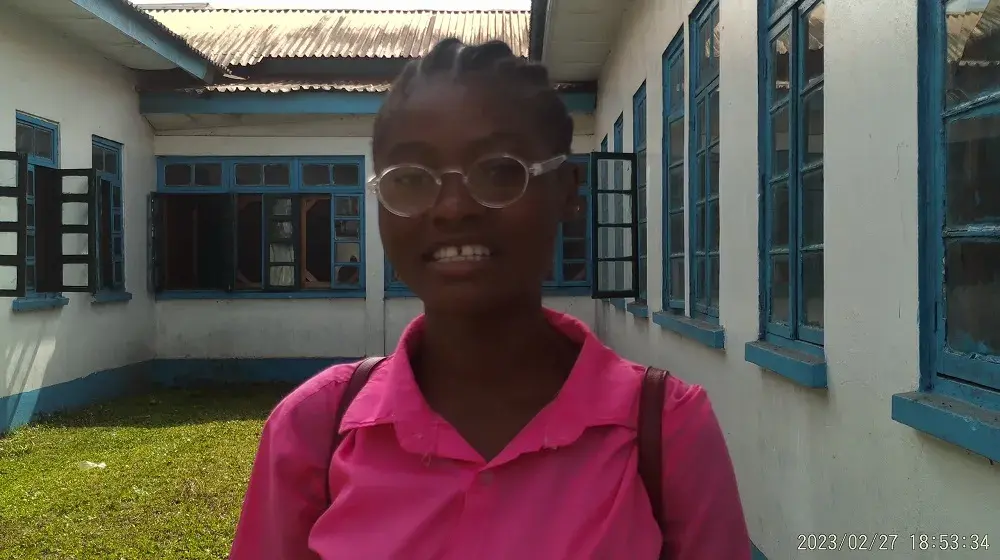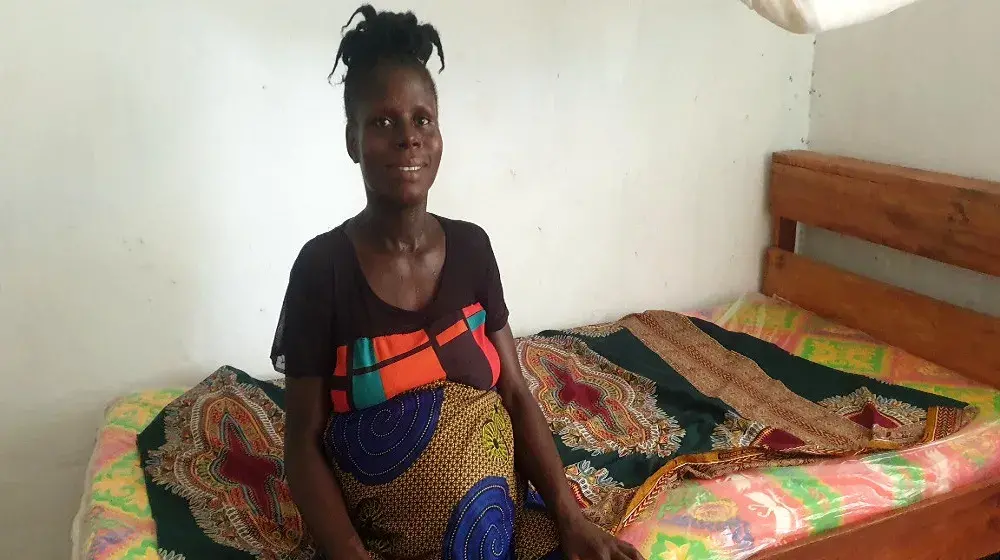Monrovia, Liberia. Liberia has intensified efforts to rebuild its health services, including maternal and newborn health left exposed as a result of the major Ebola Virus Disease outbreak.
The Government of Liberia and development partners in April 2015 launched a 6-year Investment Plan for Rebuilding a Resilient Health System. This plan seeks to restore the“ gains lost due to the EVD crisis and provides health security for the people by reducing risks due to epidemics and other health threats and accelerates progress towards universal health coverage by improving access to safe and quality health services”.
In July, UNFPA, the United Nations Population, and the Sub Regional body, the Mano River Union signed a Memorandum of Understanding to collaborate in addressing cross border issues related to maternal health, including access to skilled birth attendance, family planning, adolescents sexual reproductive health, obstetric fistula and HIV/AIDS services.
This partnership has already got off the ground with the Mano River Maternal Health Response (MRMR), financed by the Government of Japan, which aims at building resilience and supporting recovery through integrated and strengthened maternal health in Guinea, Liberia and Sierra Leone; the three countries most affected by Ebola.
To ensure a harmonized approach and leveraging on its intervention, UNFPA Liberia has brought under one management structure all of its funding mechanism aimed at strengthening maternal and newborn health services including the H4+ SIDA initiative, Google as well as the Japanese fund. “The Mano River Maternal Health Response provides a comprehensive framework through which our support to the recovering effort of Liberia can be coordinated;” UNFPA Representative Dr. Oluremi Sogunro said.
UNFPA has recruited and deployed 6 midwives to three health facilities and supplied delivery beds, examination tables and infection prevention and control materials across Grand Cape Mount County. Grand Cape Mount County borders Sierra Leone and is one of the most affected Ebola region in Liberia. With a population of about 127,000, the county has only 33 health facilities and 22 midwives in service. Due to several factors including the lack of skilled birth attendants, the county is among areas contributing to the high level of maternal deaths in Liberia. “Because of the inaccessibility of health facilities by most of the population, coupled with high turnover in trained staff; especially Certified Midwives, unskilled providers-Traditional Birth Attendants (TBAs)- have continued to deliver pregnant women in the community”; Dr. Lorraine Cooper, Grand Cape Mount County Health Officer said.
“However, we have begun working with the TBAs in collaboration of the county administration led by the Superintendent to ensure that pregnant women are referred to health facilities for delivery by TBAs in the community”; Dr. Cooper said.
At a recent advocacy meeting with the local government of the county, both UNFPA and Grand Cape Mount County agreed to collaborate efforts to lower maternal deaths in the region.
Source: Calixte Hessou UNFPA Liberia





